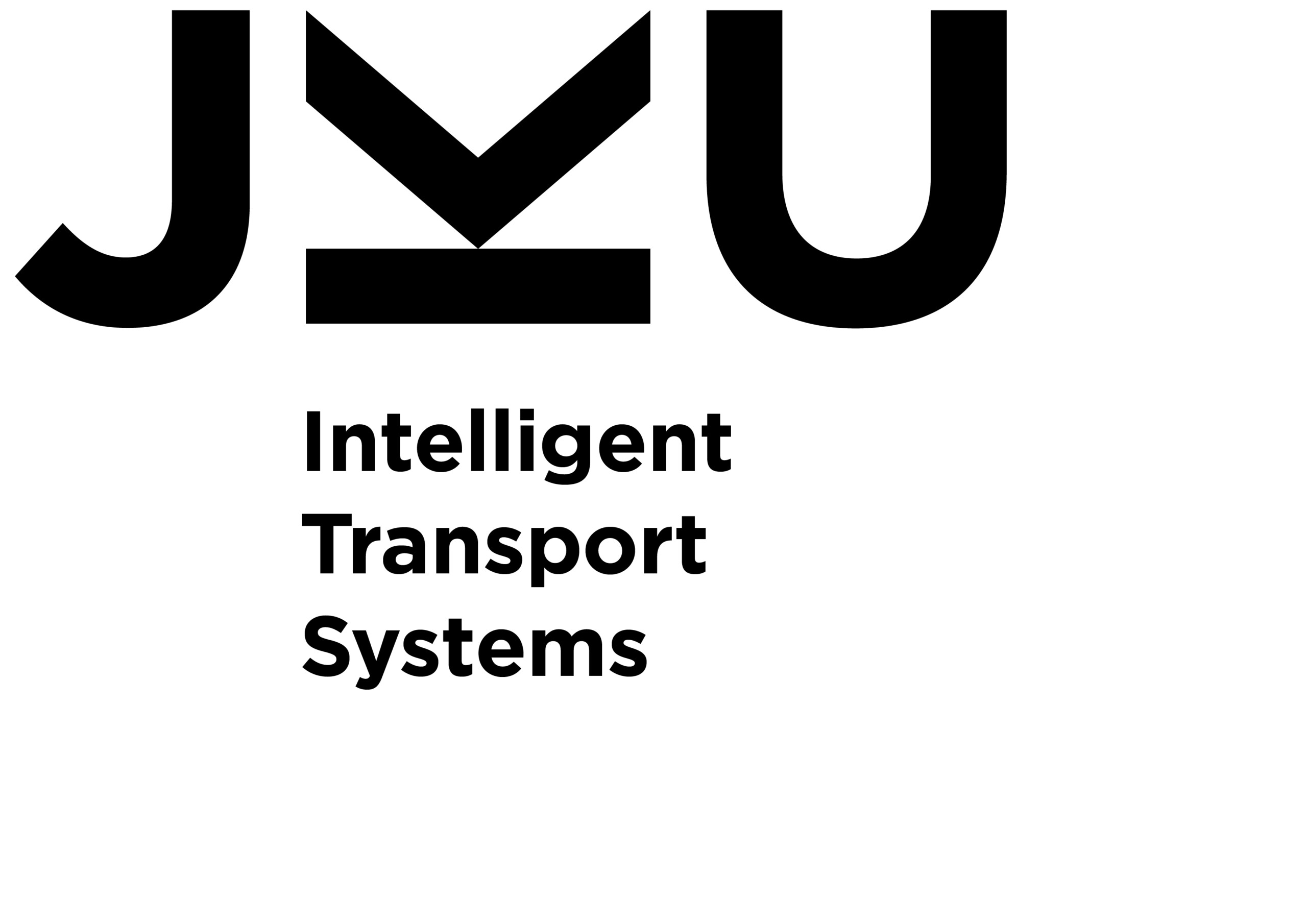Type:
Country:
Contact:
Telephone:
Website:
University
Austria
Cristina Olaverri-Monreal
https://www.jku.at/its/

Expertise
The Department Intelligent Transport Systems at the Johannes Kepler University Linz (JKU-ITS) is a member of the single EU-wide platform to coordinate open road testing of Cooperative, Connected and Automated Mobility (CCAM) and its representative for the European Technology Platform ALICE (Alliance for Logistics Innovation through Collaboration in Europe) for the work group road safety (WG4: EU-CCAM-WG-ROADSAFETY@ec.europa.eu). JKU-ITS is independent of the automotive industry and has experience with EU projects.
Her head, Prof. Olaverri-Monreal is a European Commission Expert for “Automated Road Transport” and was the president of the IEEE Intelligent Transportation Systems Society in 2022 and 2023, having her contributions in various leadership roles; a far-reaching impact on the Intelligent Transportation Systems (ITS) community at an international scale. In 2019, she founded the Austrian IEEE ITSS chapter and has since been serving as the chapter’s chair. She is also project evaluator in the field of ICT and Connected, Cooperative Autonomous Mobility Systems for several agencies and organisations such as the special research area “Sonderforschungsbereich” of the German Funding Agency „Deutsche Forschungsgemeinschaft (DFG); the European Coordinated Research on Long-term Challenges in Information and Communication Sciences & Technologies ERA-Net; the Vehicle and Traffic Safety Center at Chalmers, SAFER Open Research at ASTAZERO; the Ireland’s principle science and engineering research funding agency, Science Foundation Ireland or the institute, Institut de la Transition Energétique, Hcéres in France.
The JKU-ITS Department possesses extensive expertise and practical experience in key areas of intelligent technologies in vehicular environments, including ICT, data analysis, smart mobility, and mobile sensors that facilitate automated, cooperative, and connected transport. It actively engages in thematic networks related to transportation, leveraging years of academic training and research in transport-related fields. The primary objective is to develop environmentally friendly transport solutions by employing sensor and communication technologies to facilitate data exchange among vehicles, infrastructure, and individuals. Key research areas include Human Factors and Interaction with Intelligent Vehicles, Automated Connected Transportation, Machine Learning Solutions for Automated Driving, Simulation Platforms, Travel Behaviour and Driving Performance, and Digital and Sustainable Transportation.
Furthermore, JKU-ITS possesses a Toyota RAV4 hybrid 2020 research vehicle equipped with the following features: • Lidars: 1 x OS2 OUSTER 64 channels uniform; 2 x OS0 OUSTER 128 channels uniform • Cameras: Web Camera; ZED Stereo Camera • IMU & GPS • Frameworks: ROS, OPENPILOT
In addition to this, JKU-ITS has an Intelligent Transportation Systems laboratory with several mobile robot equipped with a variety of sensors to acquire data and simulation platforms for studies on impact of new technologies and automated and connected applications, as well as traffic conditions and management, fuel and energy consumption and research on the functioning of vehicles.
Participation in EU Projects and International Activities
Since its establishment in 2018, the Department JKU-ITS has actively participated in numerous international proposals and successfully secured funding of over 1,690,000 EUR through eight projects. These collaborations include partnerships with national and international entities, as highlighted on the website (https://www.jku.at/en/intelligent-transport-systems/research/funded-research-projects/). Notably, the team has contributed to projects in collaboration with the CCAM partnership (e.g. OptiPEx - Optimizing Passenger Experience in Public Transport, HORIZON-CL5-2023-D6-01), the European partnership "Driving Urban Transitions" (DUT) and the EU program "Connected and Automated Sustainable Transport Systems and Mobility" (CASTSM) Erasmus Mundus Design Measures
